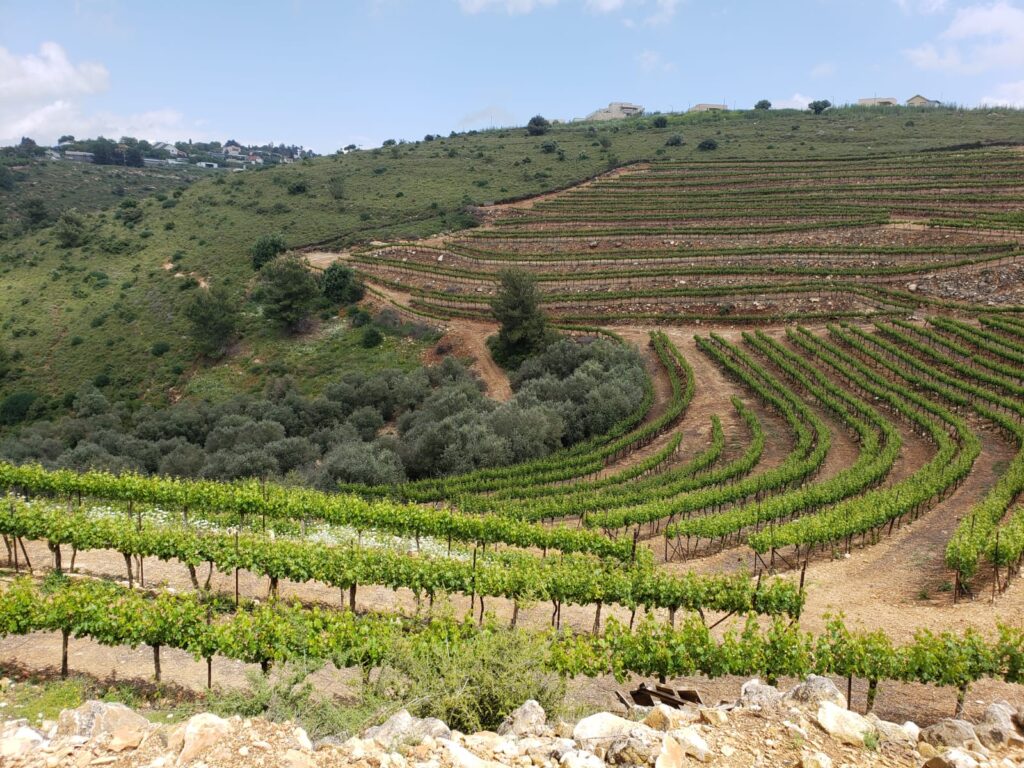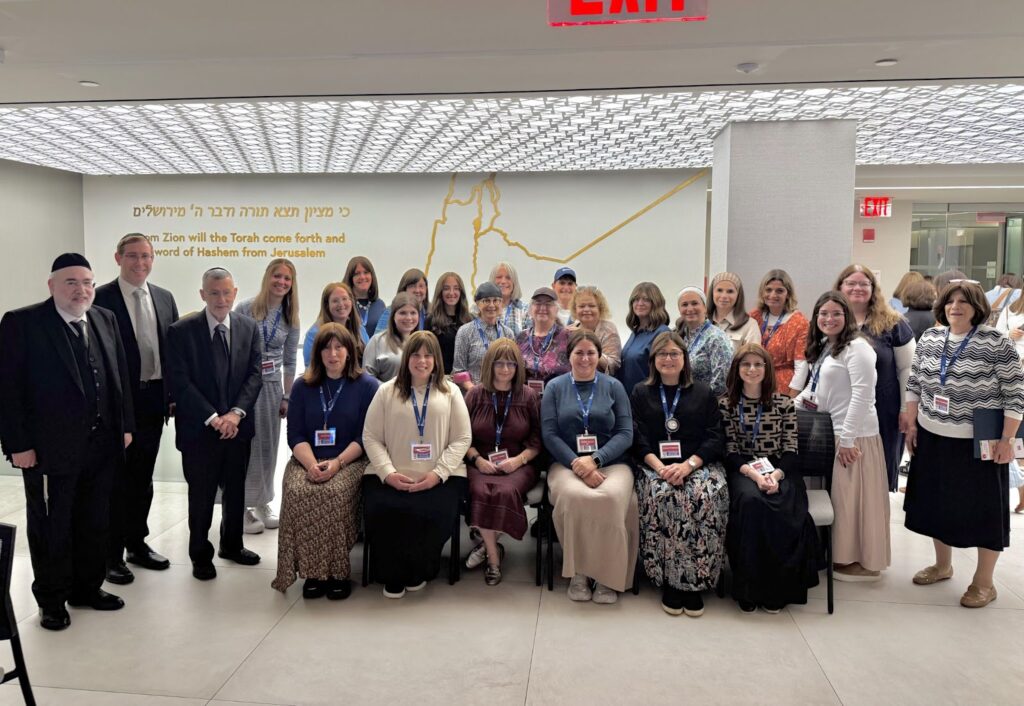Five Towns Cooking Demo At ICC Benefits Israeli Farmers in Otef Aza
By Tova Kantrowitz
On Tuesday, September 16 at 7:30 p.m., the Israel Chesed Center will host a cooking demonstration featuring Chef Michele Segelnick of Just What the Kosher Ordered, and Elan Kornblum of Great Kosher Restaurant Foodies.
The demo will feature recipes inspired by the local produce grown in the Gaza Envelope during Tammuz. The recipes, submitted by top Israeli food writers and recipe creators, are contained in a new cookbook called, “Tammuz: From the Gaza Envelope with Love” that will be on sale at the event. Sales of tickets and the cookbook will go directly to support the farmers of the Gaza Envelope and their families, so they can make necessary repairs to their farms. Visit www.tinyurl.com/ICC-cooking-demo for more information and to register.
As the people of Israel continue to recover from the ongoing war, those of us in the diaspora hold our breaths every day as we read the news and pray for the return of the hostages and our precious IDF soldiers.
Lesser known is the impact the war has had on dozens of Israeli Farms located in the Gaza Envelope, which were heavily damaged during the conflict. Visitors to Israel always rave about the fresh vegetables that accompany every meal, especially the Israeli breakfast. The fresh produce at the Machane Yehuda Shuk in Jerusalem is a prime example of the colorful bounty of Israeli produce, all of which is made possible by the farmers who keep the fields and the greenhouses.
The Gaza envelope, often called the “Breadbasket of Israel,” supplies up to 75% of Israel’s crops. Its fertile soil, dedicated farmers, and advanced logistics have made the region a key pillar of national food security.
Following the October 7th attack, the farmers of the Gaza envelope were among the first to return to their land, tending their crops even under heavy fire. They continued to cultivate their fields and provide high-quality produce throughout the war, ensuring a steady supply for all Israeli citizens.
And now, after a nearly two-year absence, more farmers and their families are returning to their communities to reestablish their lives. As reported in Yediot Achronot, the Nahum Farm, located in Mivtahim near the Gaza border, suffered devastating losses on October 7. Tal Nahum shared that the family’s entire livelihood came to a halt for a year. Even after his family was evacuated to Tel Aviv and then to Lehavim, Tal never left the farm.
“The farm worked with no income, just repairs,” said Tal. “You can’t water crops from Tel Aviv. You have to be here. So much was lost. Some greenhouses were shut down completely—everything inside died. We didn’t have the manpower to pick what was still growing. We farm almost 1,000 dunams (250 acres), so the damage was enormous. Only last month did we receive compensation. Now we’ve fully resumed. We’ve cleaned up and replanted.”
To help these families rebuild, a group of top Israeli chefs, food bloggers, and authors created the special cookbook “Tammuz” to share some of the best recipes that highlight the wonderful ingredients from these farms. The name Tammuz was chosen as this is the month of fruit and harvest and also the month when farmers started to return home. n
Israeli Couscous Salad
Recipe by Gal Moran Israeli, and features Nahum Farm cherry tomatoes that are sweet, juicy, and bursting with flavor.
Ingredients
1 1/2 cups cooked Israeli couscous
Arugula
1 cup halved cherry tomatoes
Red onion, halved and thinly sliced
Snow peas, blanched and halved, a handful
1/2 cup fresh peas
12 Kalamata olives
1 tbsp washed capers
1/2 cup fresh basil
1/2 cup pecorino cheese shavings
3 tbsp toasted sliced almonds
For the dressing
1/2 squeezed lemon juice
1 tsp salt
1/2 tsp pepper
3 Tbsp olive oil
Directions
Mix all salad ingredients. Add the dressing, and sprinkle with extra almonds and pecorino cheese.
To order the book visit: www.vinst.me/tamuz-cookbook-en











